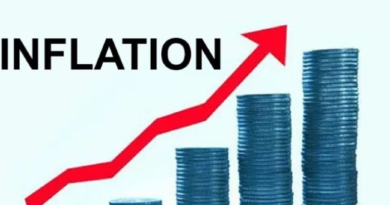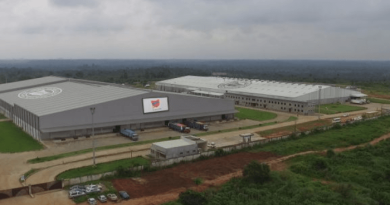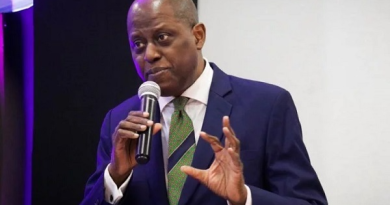Nigeria’s inflated oil revenue projections linked to legislators’ bogus projects
The long-standing habit of exaggerating oil revenues in Nigeria is used by the National Assembly to cover the bogus constituency projects of members and is at the root of grave concerns by the International Monetary Fund (IMF) of fiscal risks faced by the country, BusinessDay has learnt.
Caution is the watchword among oil exporting countries when adopting oil price forecasts, because of the acute volatility caused by geopolitical occurrences but in Nigeria caution is thrown to the wind by legislators who over the years have sought to operate in their own false world.
In the 2025 federal budget passed by the National Assembly, analysis showed that the revenue figures were exaggerated by at least N4.2 trillion and this number has been corroborated by a former senior budget office official.
One senior official of a multilateral body said Nigeria has been in the habit of consistently overstating its annual revenues leading to huge annual budget deficits that disrupt spending and render the yearly budget inoperable.
In publishing its latest Article IV Consultation report on Wednesday in Washington, the IMF raised alarms about grave risks Nigeria’s fiscal position which dent investor prospects and make nonsense of the hard work being done by the Central Bank of Nigeria to reposition Africa’s most populous nation as an attractive destination for investment.
Read also: Oil heads higher as Iran cuts cooperation with nuclear watchdog
The National Assembly insisted on applying an oil price of $75 a barrel and an oil production level of 2.06m barrels a day. The reality is after six months into the budget year; oil production has never gone higher than 1.7m barrels a day with condensate included while international oil price has remained well below $70 a barrel.
“What the National Assembly is doing is deliberate,” according to a former senior government official. “Their estimates are grossly overstated and it would seem that it is for the purpose of providing cover for the bogus constituency projects which the legislators insert into the budget annually.”
In the first year of former President Muhammadu Buhari, the executive sought to fight the malaise with the president denying accent to the appropriation bill when it was passed because of the overstated revenues. However, subsequently, Buhari chose not to fight anymore, especially when hobbled by ill health and this essentially meant a license for the legislators to entrench their habit.
In Buhari’s second term, the executive introduced a bill to the National Assembly to curtail the indulgence of the legislators and assign proper and specific roles to the various parties associated with the annual federal budget but this bill was passed in the twilight of the last administration, so late that Buhari declined to sign the bill, leaving it to the Tinubu administration to administer. Now officials of the government say the bill is said to have now gone missing.
There are other failings that led the IMF to raise the red flag. Nigeria spends about 54% of its rising tax revenues to cover just interest payments for its huge debt, leading the Fund to urge urgent steps to grow revenues but even it cautions against raising Value Added Tax (VAT) until 2027, saying you cannot tax poverty.
Other red flags raised by the IMF include a significant electricity deficit and Nigeria’s over reliance on electricity generators, for according to the fund you cannot grow GDP at 7% on generators.
The IMF also cautioned Nigeria against committing proceeds from future oil sales as has now become common since the Buhari administration.





